Code
HCS29279
Weight
4.709 Kg / 10.38 lbs
Size
Height
28cm (11") Width
23cm (9") Depth
10cm (4") Material
Copper
Availability
Available

Safe Payment
We accept Paypal, Money Transfer, Bank Transfer
Confidence
Protection covers your purchase and personal data.
Worldwide Delivery
We ship Worldwide, except Russia.Shipping cost US$25.2 for upto 0.5 kgs

Hotline
Talk to help line for your question on 9841267335About Sacred Serenity Collection
This is a beautiful old Buddhist statue that carries a deep sense of spirituality and craftsmanship. These statues were made around 15 to 20 years ago and are crafted from pure copper. If the statue has gold, it has a thick layer of gold plating, unlike modern statues where using a lot of gold is expensive.
Skilled artisans, who were well-versed in religious teachings, made these statues. They followed traditional guidelines and sacred texts to create each statue with precise expressions and postures. The artisans believed they were creating representations of gods rather than just ordinary figures. This unique perspective is reflected in the statues themselves. Read More . . .
This is a beautiful old Buddhist statue that carries a deep sense of spirituality and craftsmanship. These statues were made around 15 to 20 years ago and are crafted from pure copper. If the statue has gold, it has a thick layer of gold plating, unlike modern statues where using a lot of gold is expensive.
Skilled artisans, who were well-versed in religious teachings, made these statues. They followed traditional guidelines and sacred texts to create each statue with precise expressions and postures. The artisans believed they were creating representations of gods rather than just ordinary figures. This unique perspective is reflected in the statues themselves. Read More . . .
Gold Painted Face
The face of [old Stock], Mahakala Twelve Arms Statue, A Buddhist Handmade Statue, Gold Plated, Face Painted, [old Stock] is painted with gold to enhance its significant features, particularly the eyes, and lips. This detailed painting is essential as it brings forth the crucial attributes of the expression of eyes and lips that metal carving alone cannot capture.
Moreover, the painted face serves as a symbolic and sacred ritual in Buddhism, preparing the statue for consecration and practice. The act of painting the face with gold in Buddhism holds deep meaning. It represents the intention to bring life and expression to the statue, imbuing it with a sense of vitality and presence. The application of gold on the face showcases the devotion and craftsmanship of the artisans, ensuring that every detail is carefully attended to honor the sacred essence of the [old Stock], Mahakala Twelve Arms Statue, A Buddhist Handmade Statue, Gold Plated, Face Painted, [old Stock]. Read More . . .
The face of [old Stock], Mahakala Twelve Arms Statue, A Buddhist Handmade Statue, Gold Plated, Face Painted, [old Stock] is painted with gold to enhance its significant features, particularly the eyes, and lips. This detailed painting is essential as it brings forth the crucial attributes of the expression of eyes and lips that metal carving alone cannot capture.
Moreover, the painted face serves as a symbolic and sacred ritual in Buddhism, preparing the statue for consecration and practice. The act of painting the face with gold in Buddhism holds deep meaning. It represents the intention to bring life and expression to the statue, imbuing it with a sense of vitality and presence. The application of gold on the face showcases the devotion and craftsmanship of the artisans, ensuring that every detail is carefully attended to honor the sacred essence of the [old Stock], Mahakala Twelve Arms Statue, A Buddhist Handmade Statue, Gold Plated, Face Painted, [old Stock]. Read More . . .
Lost-Wax System
This Collection of [old Stock], Mahakala Twelve Arms Statue, A Buddhist Handmade Statue, Gold Plated, Face Painted, [old Stock] is made by the process of the Lost Wax system. This is a very complicated, time consuming and historic process of making metal sculptures.Which is why it is sometimes called Precision Casting as well. Hence the sculptures made by this process are comparatively expensive. There are many new, advanced and less time consuming methods of casting metal sculptures available as well. But due to the benefits provided by the traditional lost wax system in quality control and customization, we prefer the Loss wax system over Ceramic molding, or sand casting to make our Collection.
Below we have tried to illustrate the process of making a loss wax system statue: Read More . . .
This Collection of [old Stock], Mahakala Twelve Arms Statue, A Buddhist Handmade Statue, Gold Plated, Face Painted, [old Stock] is made by the process of the Lost Wax system. This is a very complicated, time consuming and historic process of making metal sculptures.Which is why it is sometimes called Precision Casting as well. Hence the sculptures made by this process are comparatively expensive. There are many new, advanced and less time consuming methods of casting metal sculptures available as well. But due to the benefits provided by the traditional lost wax system in quality control and customization, we prefer the Loss wax system over Ceramic molding, or sand casting to make our Collection.
Below we have tried to illustrate the process of making a loss wax system statue: Read More . . .
Introduction :
Dvadashamukha Mahakala is a significant deity in Tibetan Buddhism. Also known as Twelve-faced Great Black One, Dvadashamukha Mahakala is a wrathful manifestation of the enlightened mind and embodies the aspect of compassionate activity. Devotion to Dvadashamukha Mahakala is believed to help practitioners overcome obstacles, protect them from harm, and eliminate negative forces hindering spiritual progress.
Iconography:
Dvadashamukha Mahakala is depicted with twelve wrathful faces, symbolizing his ability to perceive and respond to the suffering of beings in all directions. Each face represents a specific enlightened quality and expression. He stands in a fierce posture, adorned with a crown of five skulls representing the transformation of the five poisons into wisdom. Dvadashamukha Mahakala's multiple arms hold various implements and weapons, symbolizing his power to subdue obstacles and protect practitioners.
History:
The origins of Dvadashamukha Mahakala can be traced back to ancient Indian Buddhist texts and practices. Over time, the deity became an integral part of Tibetan Buddhist traditions, particularly within the Kagyu and Nyingma lineages. Dvadashamukha Mahakala is considered an important guardian and protector of the teachings, entrusted with preserving and propagating the Dharma.
Temples and Monasteries:
While there are no known dedicated temples or monasteries exclusively dedicated to Dvadashamukha Mahakala in Nepal, there are several prominent monasteries and Buddhist centers worldwide where this deity is venerated. Some notable examples include Samye Monastery in Tibet, Rumtek Monastery in Sikkim, India, and various Tibetan Buddhist centers across the globe.
Benefits of Practicing Dvadashamukha Mahakala:
Devotees believe that practicing and invoking Dvadashamukha Mahakala brings numerous benefits. These include protection from obstacles and negative influences, removal of spiritual and worldly obstructions, enhancement of wisdom and compassion, and swift progress on the path to enlightenment. Additionally, engaging in Dvadashamukha Mahakala's practice can help cultivate fearlessness, confidence, and clarity of mind.
How to Practice:
The practice of Dvadashamukha Mahakala typically involves a combination of meditation, visualization, mantra recitation, and ritual offerings. Practitioners often receive empowerments and instructions from qualified teachers to engage in the deity's sadhana (practice). The practice may include invoking Dvadashamukha Mahakala's presence, generating oneself as the deity, reciting mantras, performing mudras (hand gestures), and engaging in deity yoga.
Mantras of Dvadashamukha Mahakala:
The primary mantra associated with Dvadashamukha Mahakala is:
"OM VAJRA DVA-DZA MUKHA MAHA ROCHANA SVAHA"
Other mantras commonly recited include the short mantra:
"OM VAJRA KRODHA KAYA MUKHA A-DZA HUM PHAT"
These mantras are considered sacred and are chanted or recited as part of the deity's practice, invoking the blessings and protection of Dvadashamukha Mahakala.
Dvadashamukha Mahakala is depicted with twelve wrathful faces, symbolizing his ability to perceive and respond to the suffering of beings in all directions. Each face represents a specific enlightened quality and expression. He stands in a fierce posture, adorned with a crown of five skulls representing the transformation of the five poisons into wisdom. Dvadashamukha Mahakala's multiple arms hold various implements and weapons, symbolizing his power to subdue obstacles and protect practitioners.
History:
The origins of Dvadashamukha Mahakala can be traced back to ancient Indian Buddhist texts and practices. Over time, the deity became an integral part of Tibetan Buddhist traditions, particularly within the Kagyu and Nyingma lineages. Dvadashamukha Mahakala is considered an important guardian and protector of the teachings, entrusted with preserving and propagating the Dharma.
Temples and Monasteries:
While there are no known dedicated temples or monasteries exclusively dedicated to Dvadashamukha Mahakala in Nepal, there are several prominent monasteries and Buddhist centers worldwide where this deity is venerated. Some notable examples include Samye Monastery in Tibet, Rumtek Monastery in Sikkim, India, and various Tibetan Buddhist centers across the globe.
Benefits of Practicing Dvadashamukha Mahakala:
Devotees believe that practicing and invoking Dvadashamukha Mahakala brings numerous benefits. These include protection from obstacles and negative influences, removal of spiritual and worldly obstructions, enhancement of wisdom and compassion, and swift progress on the path to enlightenment. Additionally, engaging in Dvadashamukha Mahakala's practice can help cultivate fearlessness, confidence, and clarity of mind.
How to Practice:
The practice of Dvadashamukha Mahakala typically involves a combination of meditation, visualization, mantra recitation, and ritual offerings. Practitioners often receive empowerments and instructions from qualified teachers to engage in the deity's sadhana (practice). The practice may include invoking Dvadashamukha Mahakala's presence, generating oneself as the deity, reciting mantras, performing mudras (hand gestures), and engaging in deity yoga.
Mantras of Dvadashamukha Mahakala:
The primary mantra associated with Dvadashamukha Mahakala is:
"OM VAJRA DVA-DZA MUKHA MAHA ROCHANA SVAHA"
Other mantras commonly recited include the short mantra:
"OM VAJRA KRODHA KAYA MUKHA A-DZA HUM PHAT"
These mantras are considered sacred and are chanted or recited as part of the deity's practice, invoking the blessings and protection of Dvadashamukha Mahakala.


![[old Stock], Mahakala Twelve Arms Statue, A Buddhist Handmade Statue, Gold Plated, Face Painted, [old Stock]](https://handicraftseller.com/uploads/pics/product/thumb/2023/05/29279.jpg)
![[old Stock], Mahakala Twelve Arms Statue, A Buddhist Handmade Statue, Gold Plated, Face Painted, [old Stock]](https://handicraftseller.com/uploads/pics/product/thumb/2023/05/29279_3.jpg)
![[old Stock], Mahakala Twelve Arms Statue, A Buddhist Handmade Statue, Gold Plated, Face Painted, [old Stock]](https://handicraftseller.com/uploads/pics/product/thumb/2023/05/29279_2.jpg)
![[old Stock], Mahakala Twelve Arms Statue, A Buddhist Handmade Statue, Gold Plated, Face Painted, [old Stock]](https://handicraftseller.com/uploads/pics/product/thumb/2023/05/29279_1.jpg)
![[old Stock], Mahakala Twelve Arms Statue, A Buddhist Handmade Statue, Gold Plated, Face Painted, [old Stock]](https://handicraftseller.com/uploads/pics/product/thumb/2023/05/29279_0.jpg)



























































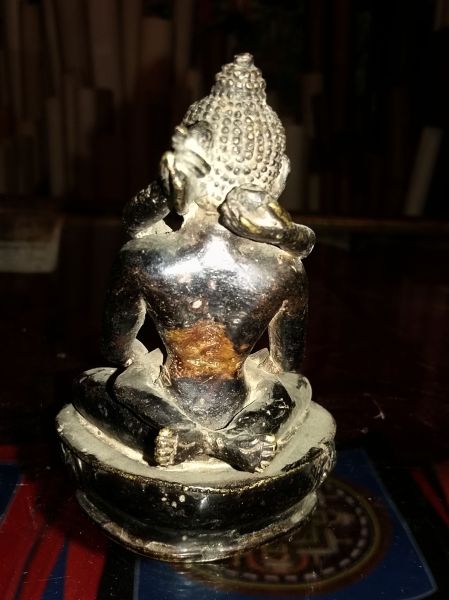
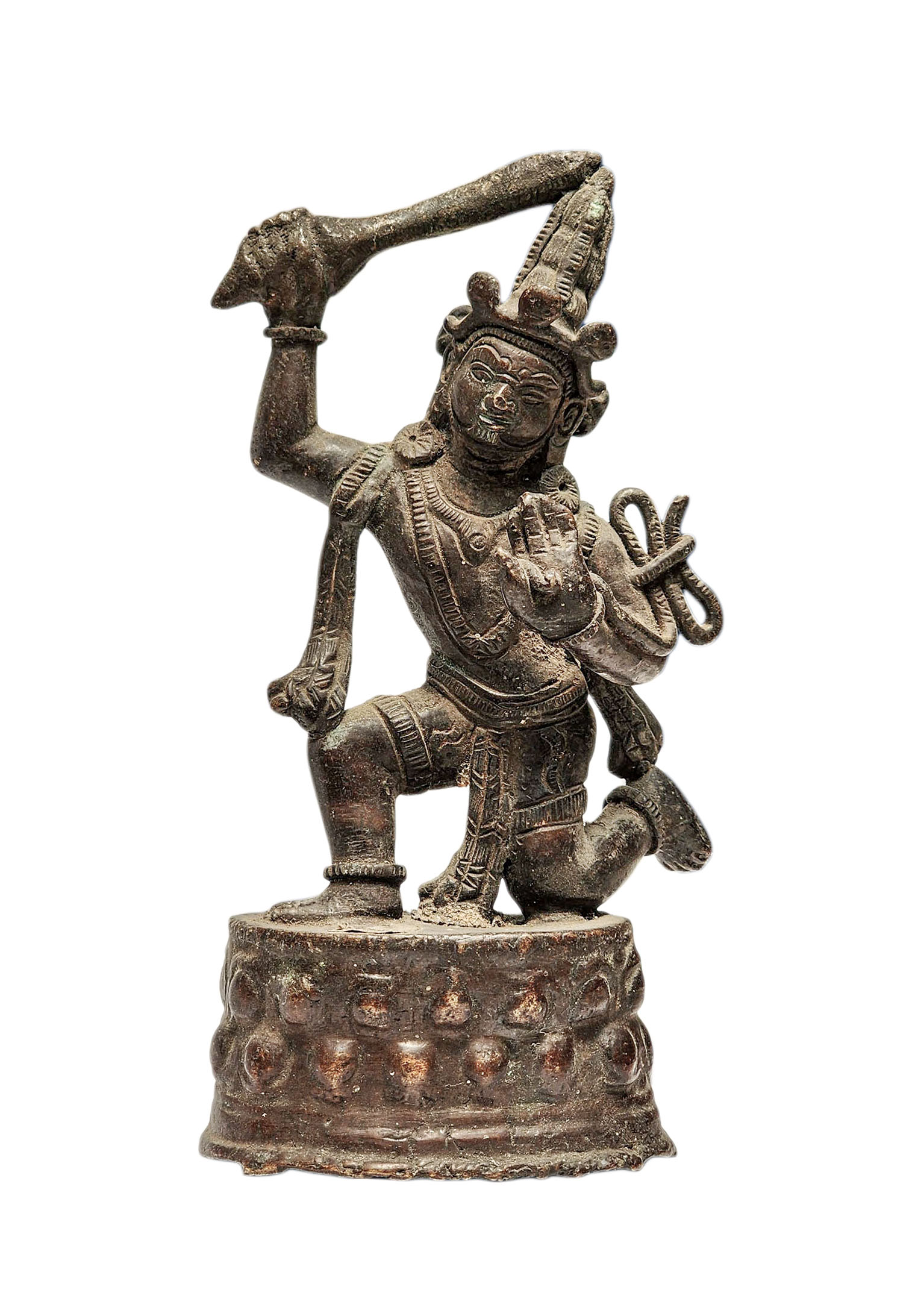 + 50 Year Old Buddhist Miniature Statue
+ 50 Year Old Buddhist Miniature Statue 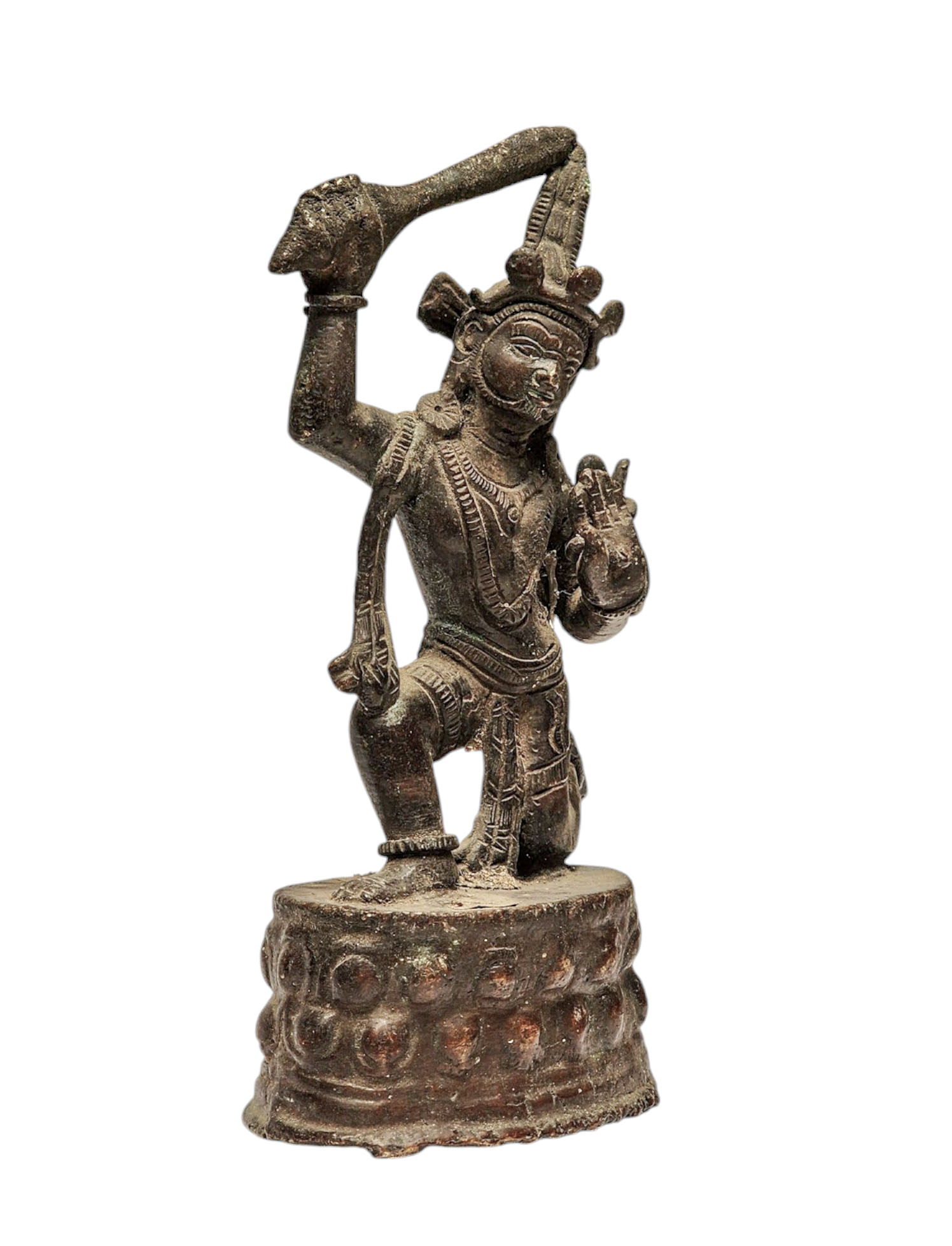 + 50 Year Old Buddhist Miniature Statue
+ 50 Year Old Buddhist Miniature Statue  Old, Buddhist Handmade Statue
Old, Buddhist Handmade Statue  Old, Buddhist Handmade Statue
Old, Buddhist Handmade Statue 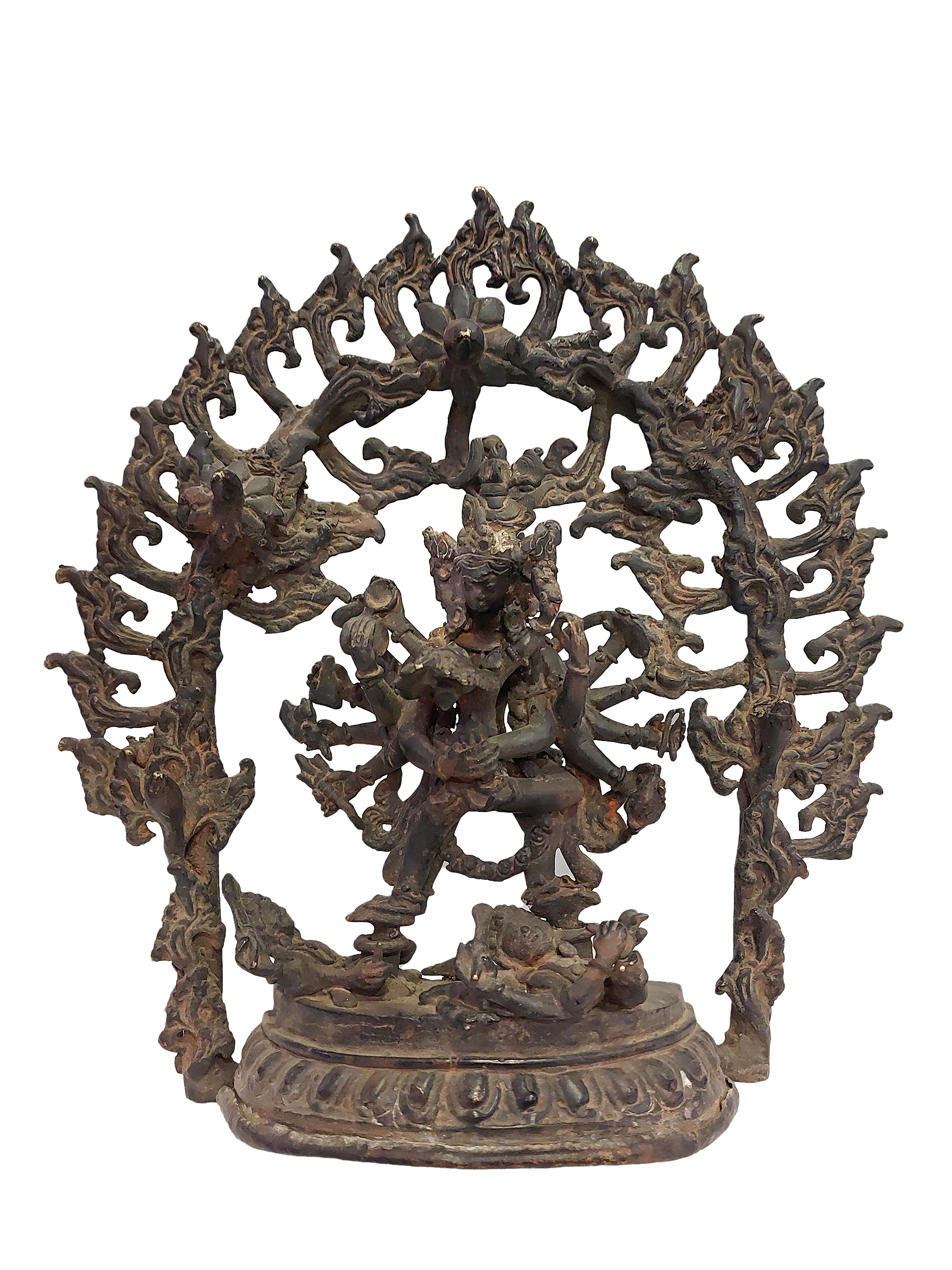 Old, Buddhist Handmade Statue
Old, Buddhist Handmade Statue 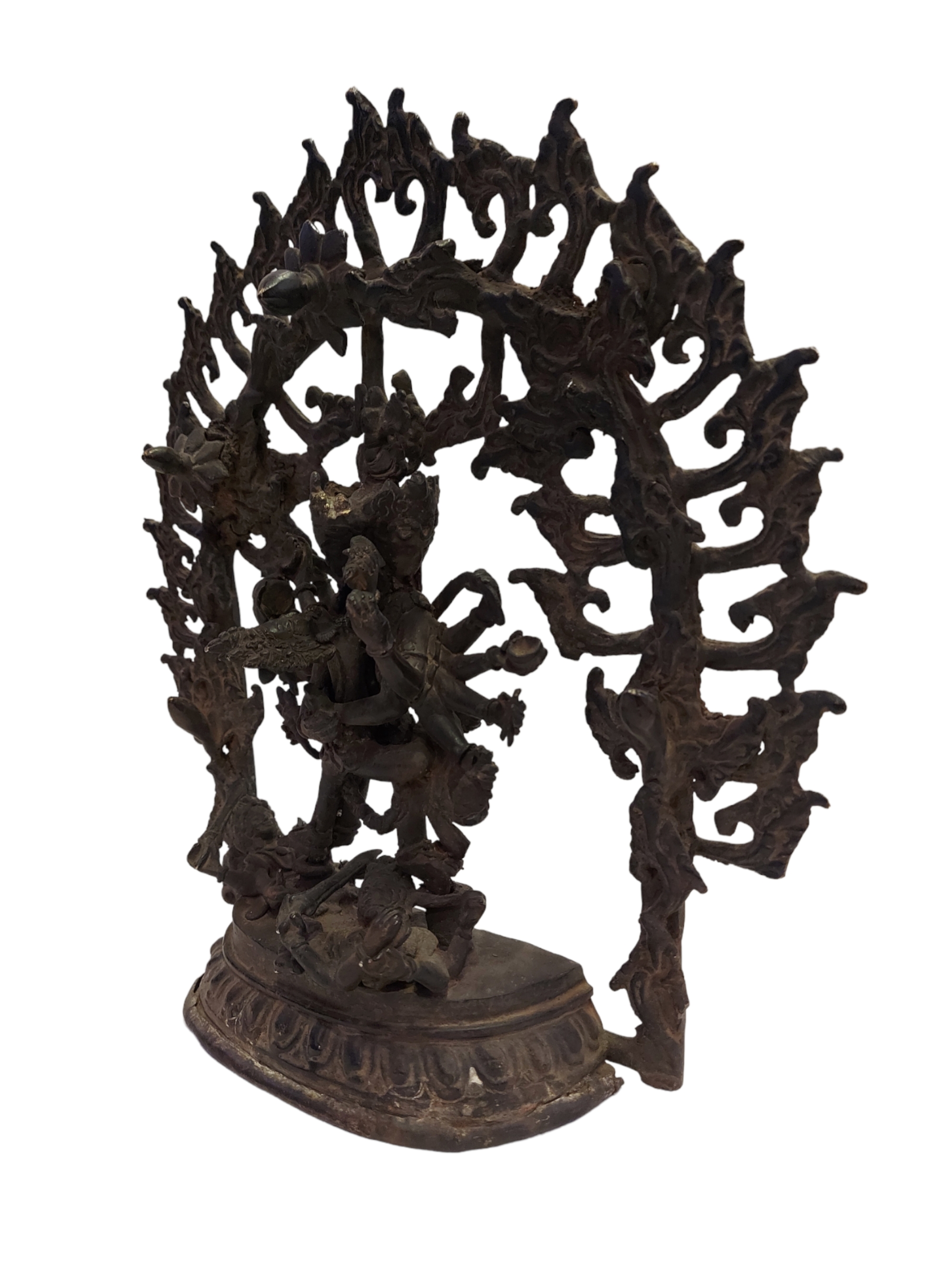 Old, Buddhist Handmade Statue
Old, Buddhist Handmade Statue 
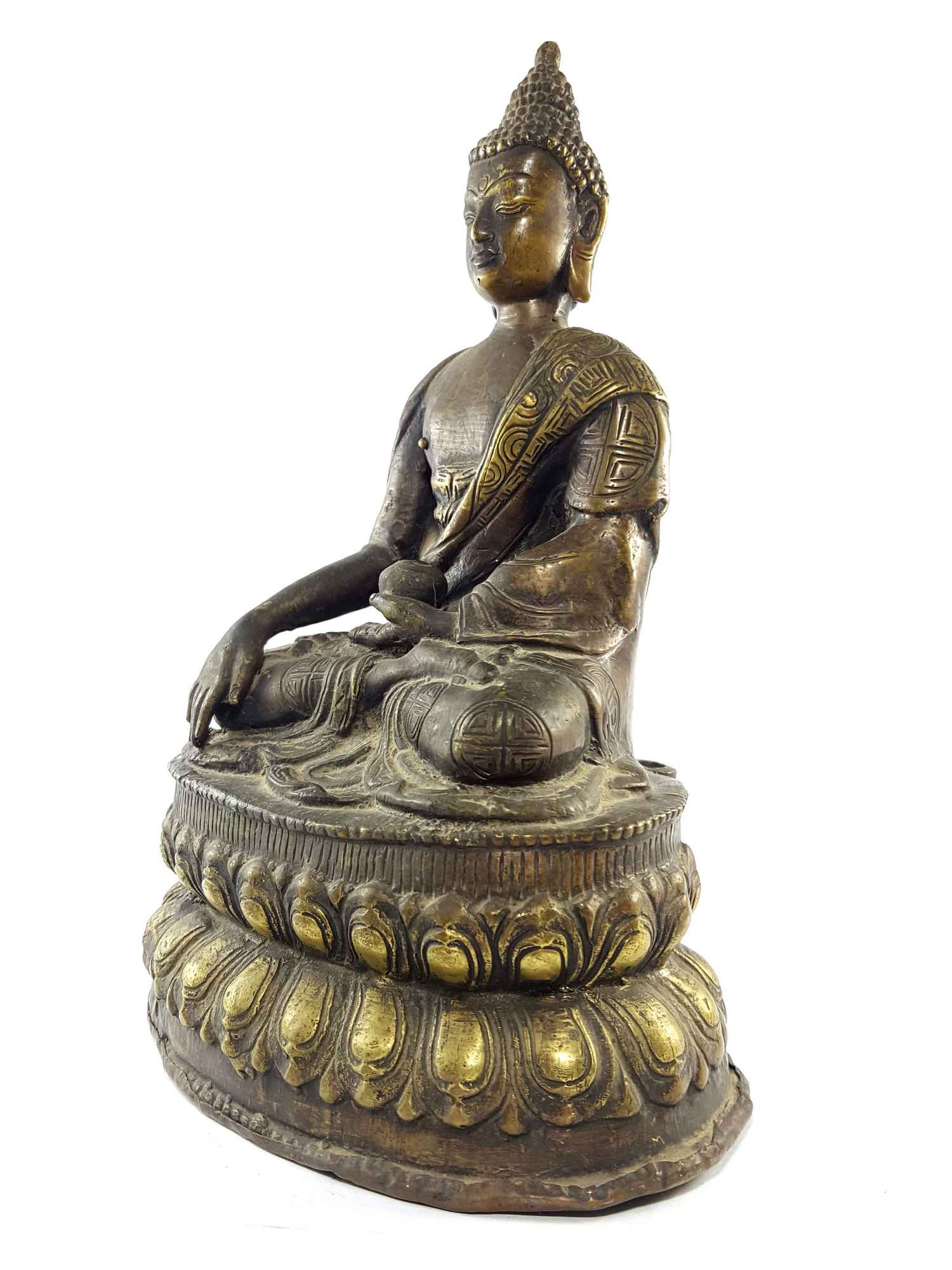
 Old Stock, Buddhist Statue
Old Stock, Buddhist Statue 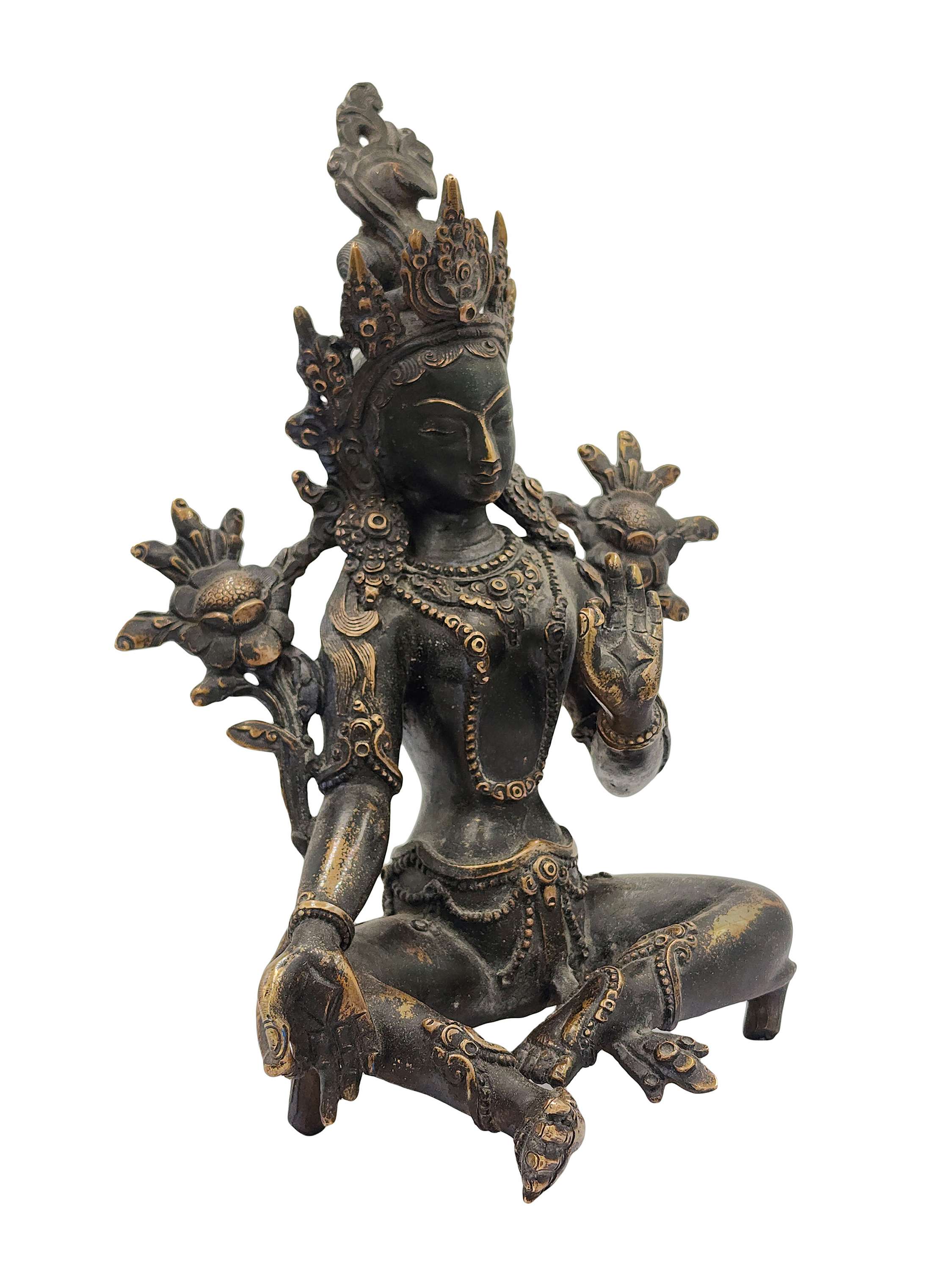 Old Stock, Buddhist Statue
Old Stock, Buddhist Statue  of Vajrasattva
of Vajrasattva 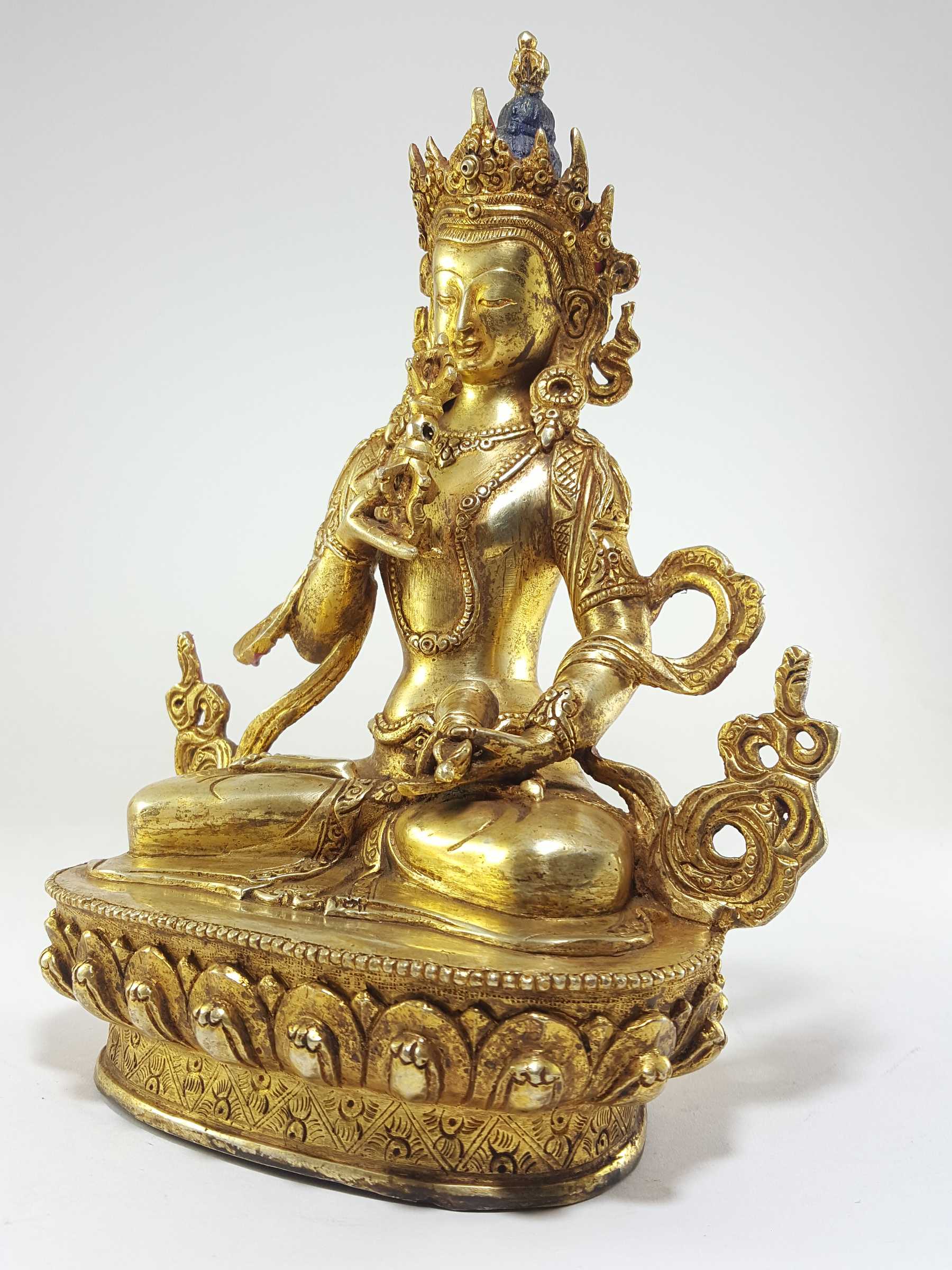 of Vajrasattva
of Vajrasattva 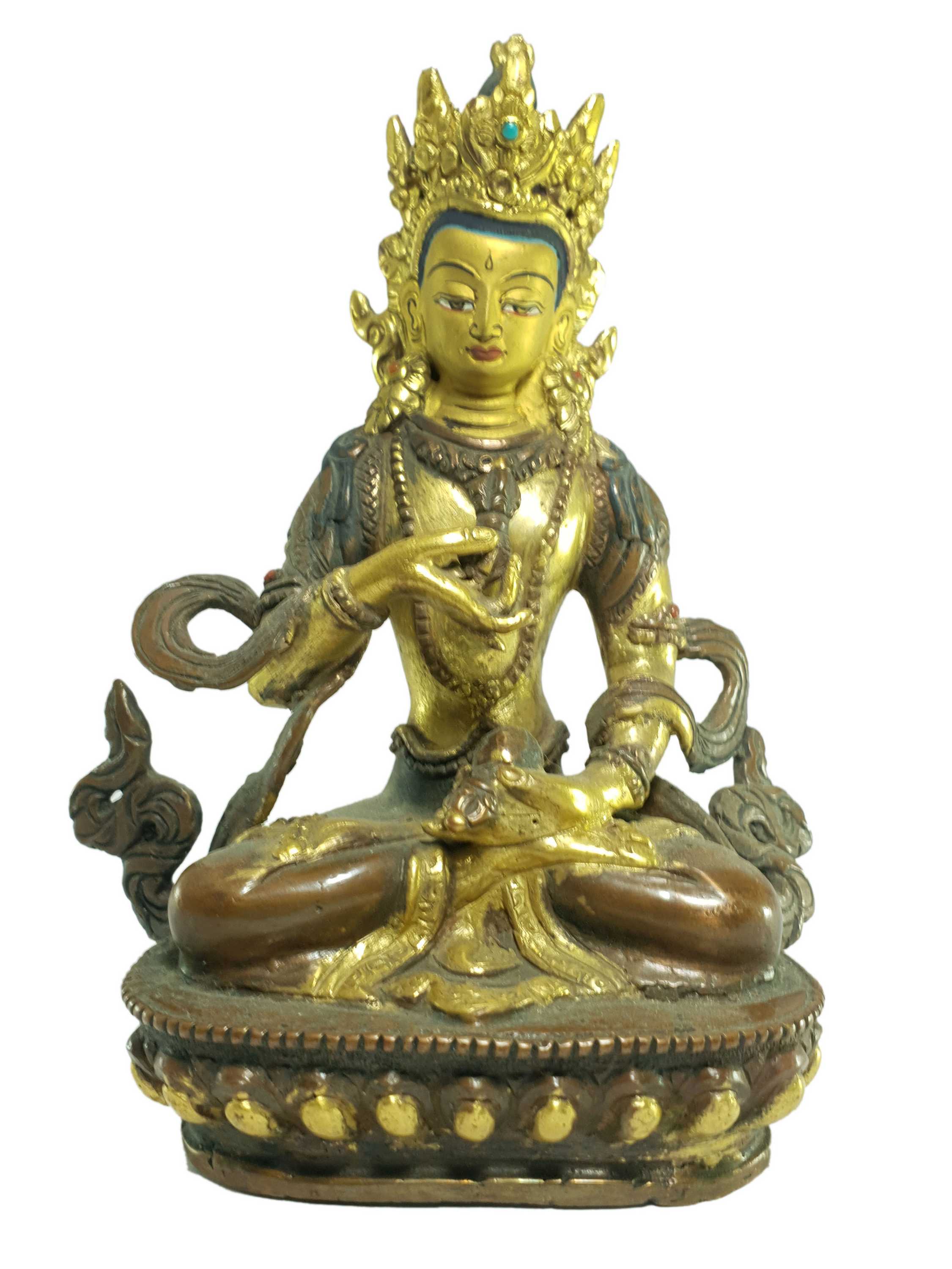 Old Stock Buddhist Handmade Statue
Old Stock Buddhist Handmade Statue 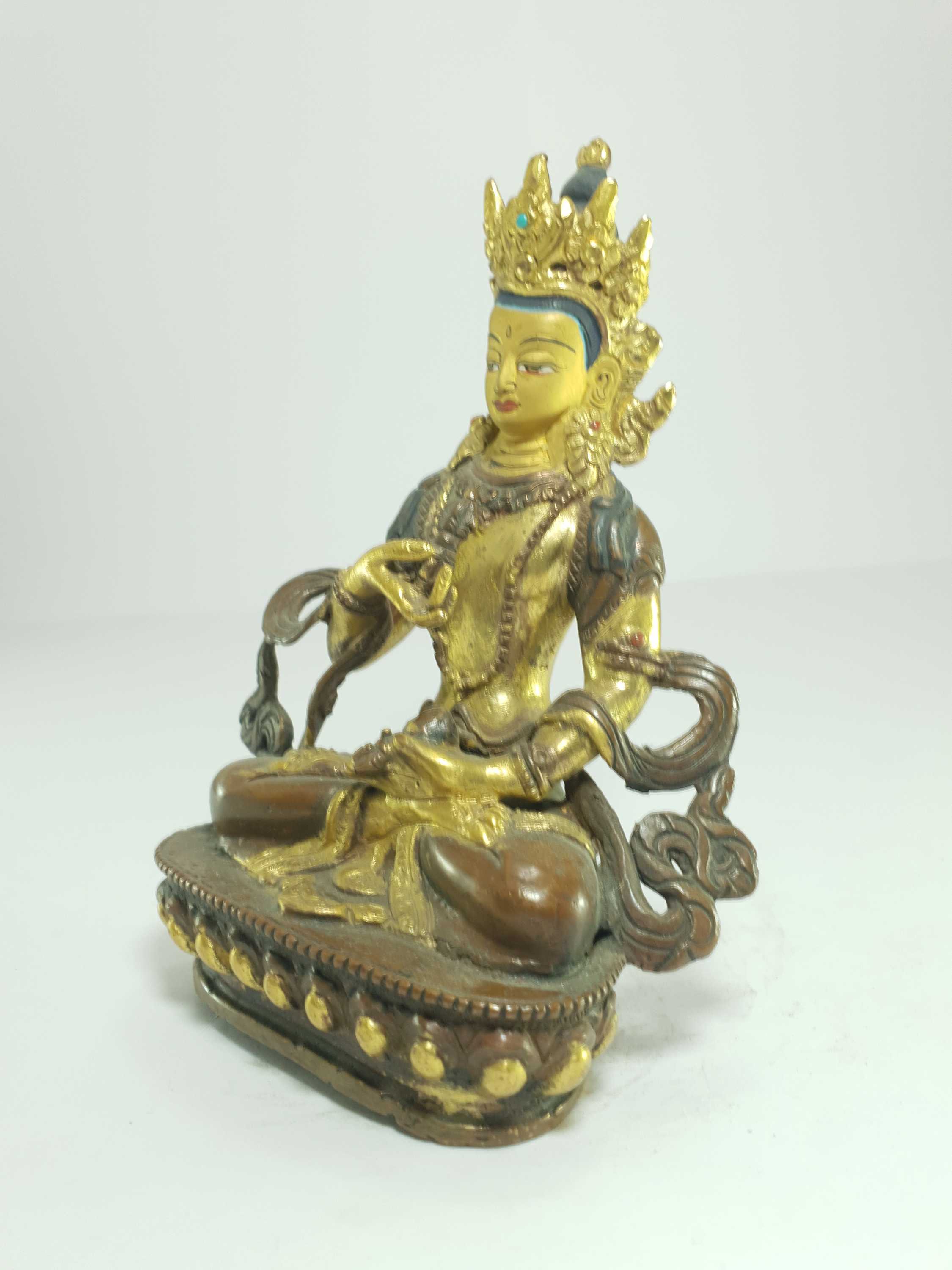 Old Stock Buddhist Handmade Statue
Old Stock Buddhist Handmade Statue  Old Stock, Tibetan Buddhist Handmade Statue, Partly Gold Plated, Painted Face" title="Manjushri,
Old Stock, Tibetan Buddhist Handmade Statue, Partly Gold Plated, Painted Face" title="Manjushri, 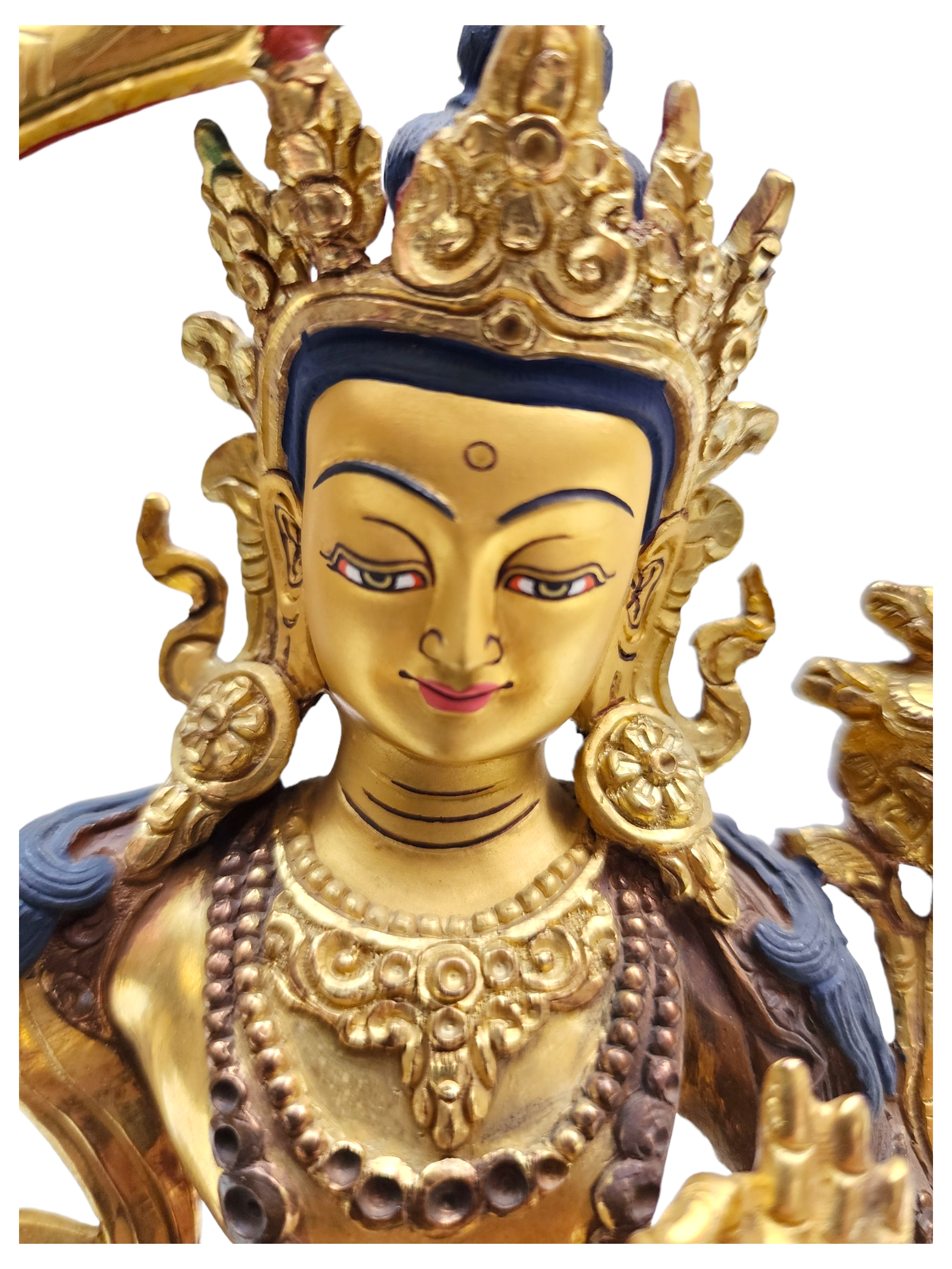 Old Stock, Tibetan Buddhist Handmade Statue, Partly Gold Plated, Painted Face" title="Manjushri,
Old Stock, Tibetan Buddhist Handmade Statue, Partly Gold Plated, Painted Face" title="Manjushri,  Old Stock, Buddhist Handmade Statue
Old Stock, Buddhist Handmade Statue  Old Stock, Buddhist Handmade Statue
Old Stock, Buddhist Handmade Statue